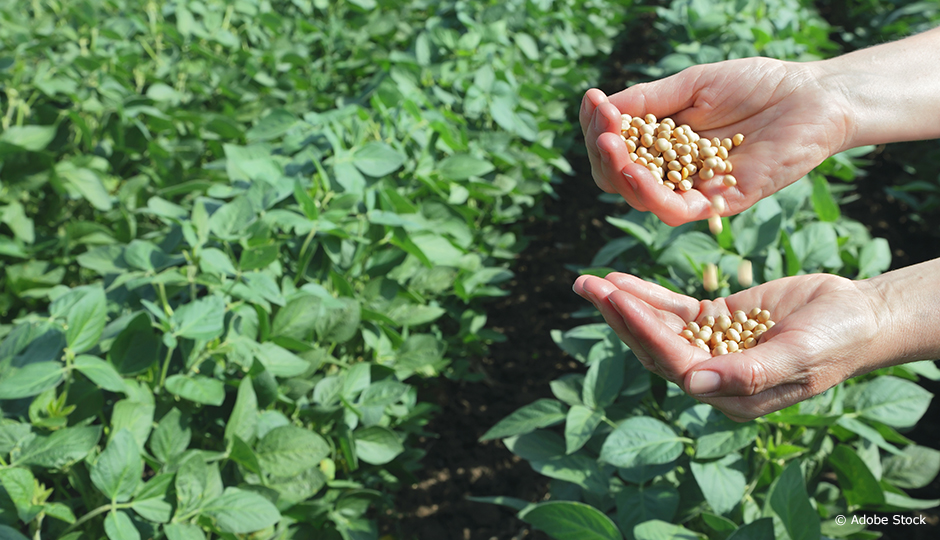The fairly traded indications that are often placed on products such as coffee or chocolate aim to meet consumer demand for more ethical products. But the work led by Kregg Hetherington, political anthropology researcher at Concordia University, has shown that for crops including soybean and corn, the endorsement is more myth than reality.
Consumer pressure alone does probably not ensure that soybean crops are more fairly traded.
In a number of producer countries, soybean leads to major deforestation, in addition to monopolizing fields and inciting violence stemming from inequitable land distribution. The rights of agricultural workers are repeatedly trampled. That is why many consumers choose organic or fair-trade soy.
Hetherington and the members of his research team interviewed dozens of people in Québec, Rotterdam (through which a lot of soybean transits) and Latin America (where the crop is grown). They also relied on participant observation within groups of workers in three ports: two in Paraguay and one in the Netherlands. Hetherington noted that, owing to the sheer extent of the supply chain—from the farms to the freighters that transport millions of tonnes and the silos in which the soybean is stored—it is very difficult to establish the provenance of each individual soybean to determine whether it was cultivated in accordance with fair-trade or organic practices.
For example, a cargo may dock in Rotterdam with 40 million tonnes of bulk soybean of which 15% is fairly traded—an amount that adds commercial value to the load. But this 15% cannot be verified. The figure is actually based on calculations at each stage in the transit process by countless individuals in different countries who follow non-standardized practices.
According to Kregg Hetherington, the results confirm that consumer pressure alone does not ensure that soybean crops are more fairly traded or less harmful to the environment. Indeed, to change soybean practices, we must first amend environmental and labour laws within producing countries.




